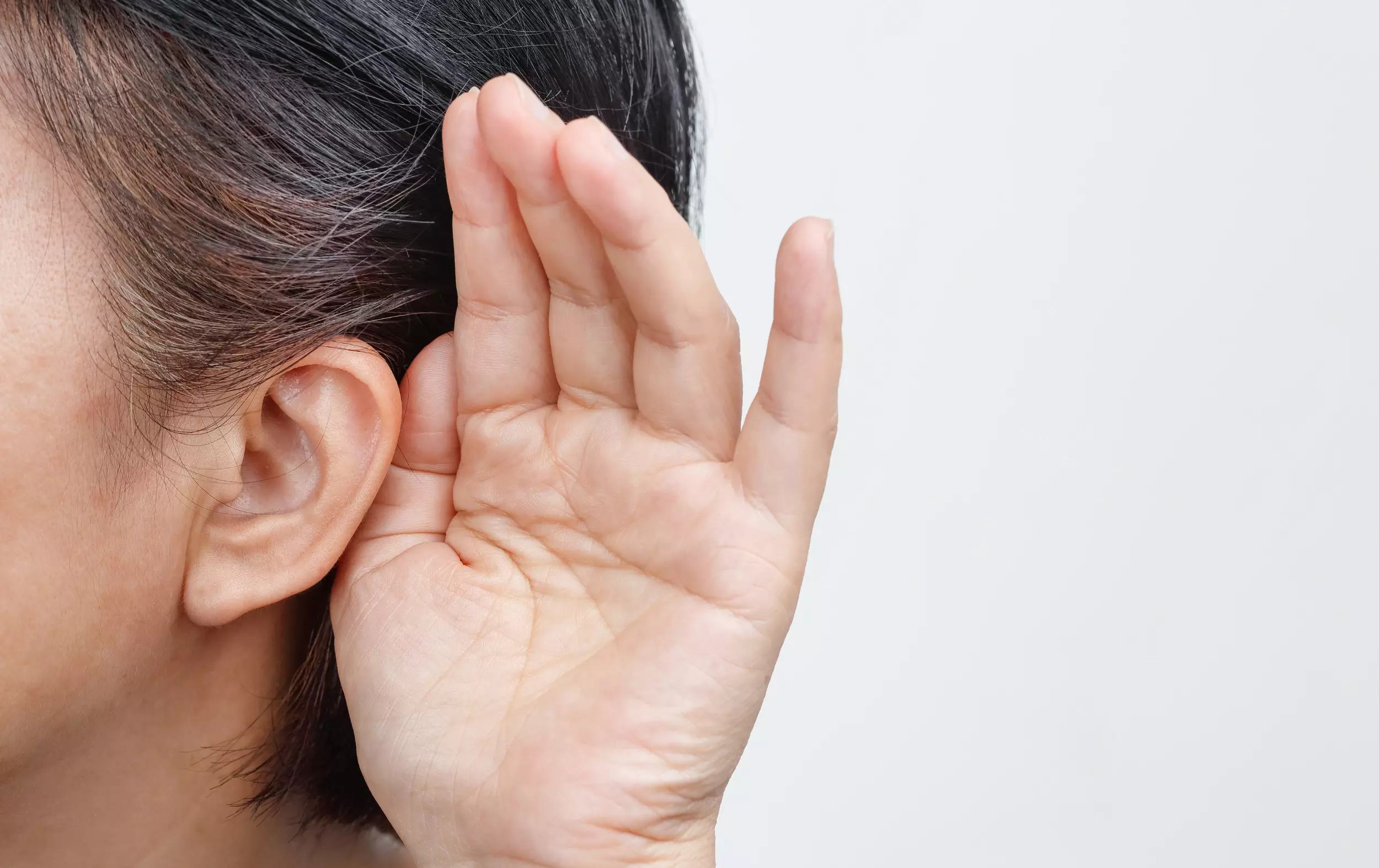World Hearing Day: Here’s how government should prioritise hearing care for all
The imperative nature of this shift is underlined by the multi-faceted approach required to promote auditory health on a global scale.
By Anoushka Caroline Williams
Hyderabad: The World Hearing Day 2024, observed annually on March 3, centres on the critical shift in perspectives towards ensuring universal access to ear and hearing care.
The imperative nature of this shift is underlined by the multi-faceted approach required to promote auditory health on a global scale.
Dr Sai Krishna Vegivada, head of Audiology at Hear ‘N’ Say clinic, and Dr Garima Vegivada, clinical director of the clinic, shared insights into the key steps governments should take to make ear and hearing care accessible to all.
Awareness and Education
- Implement educational programs to raise awareness about hearing health importance.
- Disseminate information on preventive measures, especially in school and college-going children, early signs of hearing loss, and the significance of timely intervention.
Newborn Hearing Screening
- Introduce and promote mandatory hearing screenings for newborns in healthcare facilities.
- Identify potential hearing issues early, supporting language and communication development.
Medical Infrastructure
- Develop and enhance medical infrastructure for hearing assessments, diagnostic evaluations, and intervention services.
- Ensure audiological services are available in both urban and rural areas.
Accessibility of Hearing Aids
- Explore innovative solutions, like government subsidies or assistance programs, to improve accessibility to hearing aids.
- Acknowledge that hearing aids are medical devices and their off-the-shelf and e-commerce sale is prohibited without proper prescription and guidance.
Professional Training
- Provide training for healthcare professionals, including audiologists and primary care physicians, to enhance their skills in identifying and managing hearing issues.
Integration into Primary Healthcare
- Integrate ear and hearing care into primary healthcare services for routine inclusion in overall health check-ups.
Global Policies and Advocacy
- Advocate for national and international policies prioritising hearing health.
- Encourage governments to allocate resources and implement strategies for comprehensive ear and hearing care.
Technology and Telehealth
- Utilise technological advancements to improve telehealth services for remote consultations, especially in areas with limited audiological expertise.
Community Engagement
- Engage communities in campaigns to destigmatise hearing loss, fostering a supportive environment for those with hearing impairments.
Research and Innovation
- Invest in research to understand the causes and potential treatments for hearing loss.
- Encourage innovation in hearing care, such as the development of assistive devices and improved treatment modalities.
By addressing these aspects, the objective is to establish a comprehensive and inclusive approach to ear and hearing care. Dr Sai Krishna Vegivada and Dr Garima Vegivada emphasised the importance of ensuring individuals of all ages and backgrounds have access to the necessary services and support for maintaining optimal auditory health.